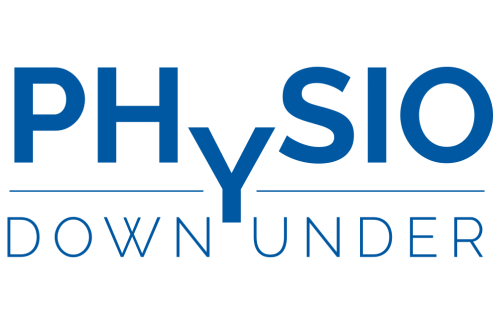
Specialising in pelvic health for everyone
Women’s Health

Some of the common women’s health conditions we treat include:
Incontinence
One in three women will experience urinary incontinence at some point in their lifetime. In many cases incontinence can be treated with pelvic floor muscle training and a change in lifestyle habits.
Pelvic Organ Prolapse
50% of women suffer from pelvic organ prolapse. It involves reduced internal support of the pelvic organs (bladder, uterus, rectum). Treatment could include: pelvic floor muscle training, education on good bladder and bowel habits, and a possible pessary fitting.
Pregnancy & Post-Natal
Common pre- and post-natal conditions treated include:
Pelvic Girdle pain
Carpal tunnel syndrome
De quervain’s tenosynovitis
Mastitis / Blocked milk ducts
Abdominal Muscle Separation (Diastasis Recti)
Pelvic Pain
Up to 40% of women report experiencing pelvic pain. Pelvic pain can include the following conditions:
Painful sex (Genito-Pelvic Pain/Penetration disorder), often known as dyspareunia or vaginismus
Endometriosis
Postnatal perineal scarring
Overactive pelvic floor muscles
Bladder pain syndrome
Vulvodynia/vestibulodynia
Men’s Health

Some of the common men’s health conditions we treat include:
Incontinence
1 in 10 men may experience incontinence and pelvic floor issues during their lifetime. This statistic increases following prostate surgery, with up to 70% of men suffering from urinary incontinence. Besides urge and stress incontinence, men may also experience urinary dribbling as a result of weakened pelvic floor muscles, an enlarged prostate, or post-surgical interventions such as prostatectomy, vasectomy or haemorrhoidectomy.
Bladder education, lifestyle modifications and pelvic floor muscle training taught by a pelvic health physiotherapist have all been shown to be helpful in the treatment of male incontinence.
Pelvic Pain
While urological issues generally increase with age, pelvic pain tends to affect younger men. Pelvic pain is associated with poor sexual health and a lower quality of life.
Pelvic pain in men can include the following conditions:
Chronic Pelvic Pain Syndrome (CPPS)
Bladder Pain Syndrome
Pudendal Neuralgia
Erectile Dysfunction
Research shows that more than half of men between the ages of 40 and 70 experience some form of erectile dysfunction. Pelvic floor muscle training is simple, safe and noninvasive. A Pelvic Health Physiotherapist can help identify whether your pelvic floor muscle weakness is due to the muscles being excessively inactive or overactive and tense. The treatment approach is different in each case.
Pre and Post Surgical Rehab
Some of the common surgeries that benefit from Pelvic Health Physiotherapy before and after are:
Complete or partial removal of the prostate
Colorectal cancer
Inguinal and/or abdominal hernia repair
Post-vasectomy pelvic floor weakness
Children’s Health

Paediatric pelvic floor physiotherapy is a specialised therapy that focuses on pelvic conditions and symptoms for children from 5 to 17 years old.
Some of the common children’s pelvic health conditions we treat include:
Bedwetting
Bedwetting – (also known as enuresis) is involuntary urination during sleep after the age at which bladder control usually occurs. If your child is struggling with or bothered by bedwetting, a pelvic health physiotherapist can help you understand the treatments available.
Constipation
15% of paediatric visits to gastrointestinal doctors are for lower bowel dysfunction, such as constipation. If your child finds it difficult to poo and doesn’t go very regularly, they may be constipated. Painful bowel movements are also linked with constipation, as either a cause or a result of difficult bowel emptying.
Urinary Incontinence
20% of paediatrician visits are for incontinence problems and young athletes often experience involuntary urine leakage during sport.
Pelvic health physiotherapy helps children and parents understand the underlying issues contributing to incontinence. Treating constipation and improving pelvic floor muscle awareness and strength can cure incontinence in children and teenagers.
Faecal Incontinence
This is the involuntary loss of stool (poo). If your child leaks poo or has smears of poo on their underwear, or doesn’t make it to the toilet in time, there are treatment options that your pelvic health physiotherapist can use to manage this bothersome symptom.
Testimonials
Our Blog
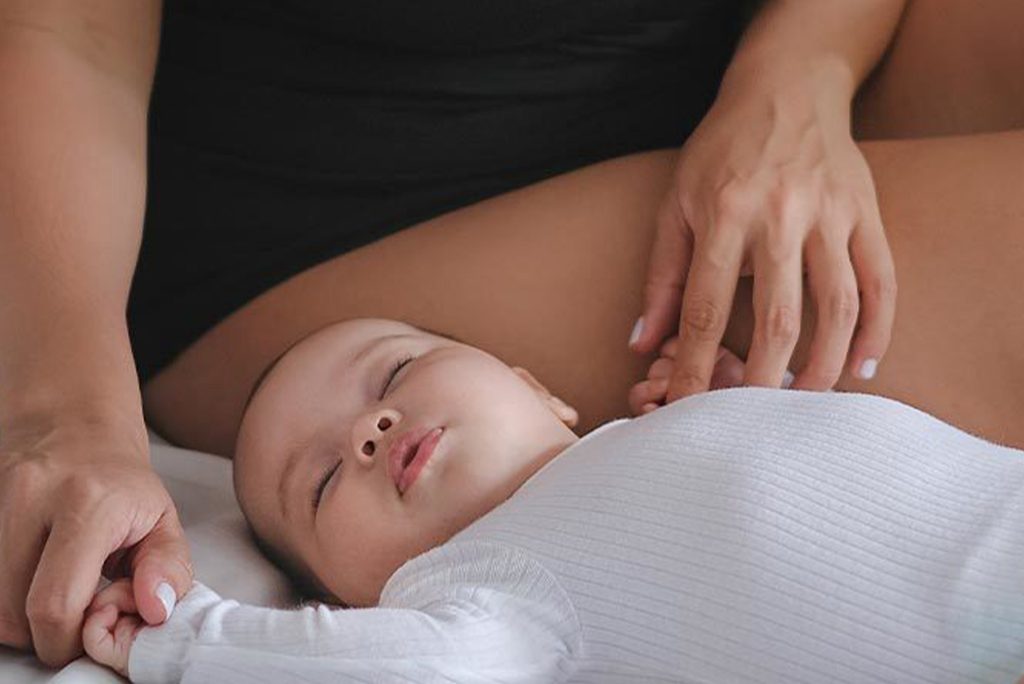
The bounce back: Your body after baby
22 October 2021
A pertinent topic that is too little discussed, let alone prepared for—recovery after giving birth. Vogue Singapore focuses on common conditions affecting women as a result of pregnancy and delivery

What to Expect When You’re Expecting In Singapore
Expat Living Magazine March 2019
Physio Down Under is featured as part of the expert panel, where we comment on pelvic floor muscle dysfunction, and carpal tunnel syndrome.

Tackling Taboos
Expat Living Magazine January 2019
Read about how Tamara and Monica saw a need for a dedicated women’s health physiotherapy practice in Singapore, and how Physio Down Under came to life.

Sex after Childbirth
Storks Nest Global January 2019
More expert advice on returning to pain free and enjoyable sex after having a baby.
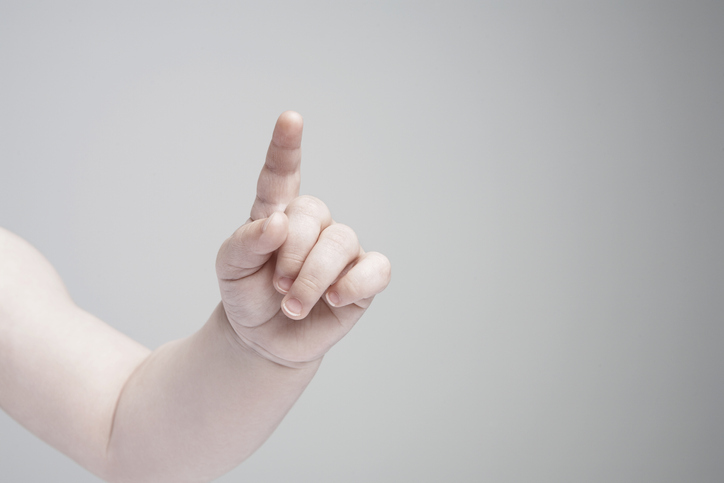
Five Signs and Symptoms you shouldn’t ignore after having a Baby
Storks Nest Global November 2018
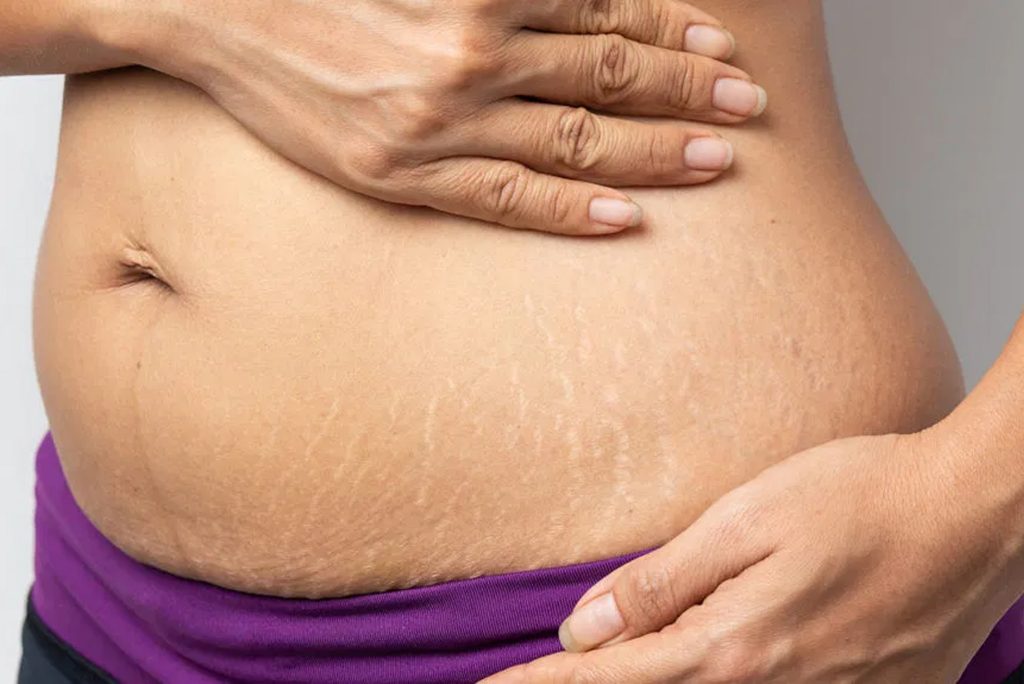
9 facts about abdominal separation
March 20, 2015
Abdominal separation, otherwise know as diastasis rectus abdominis muscle, affects at least 60% of women post birth. Learn how to check if you have a separation in this article.
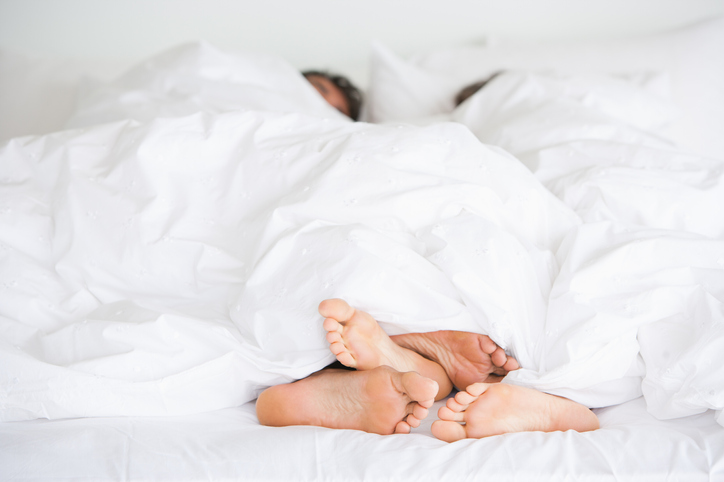
Sex after Pregnancy
Feb 24, 2015
Returning to sex after having a baby can often be daunting. This article offers great tips to help make returning to sex pain free and pleasurable.
